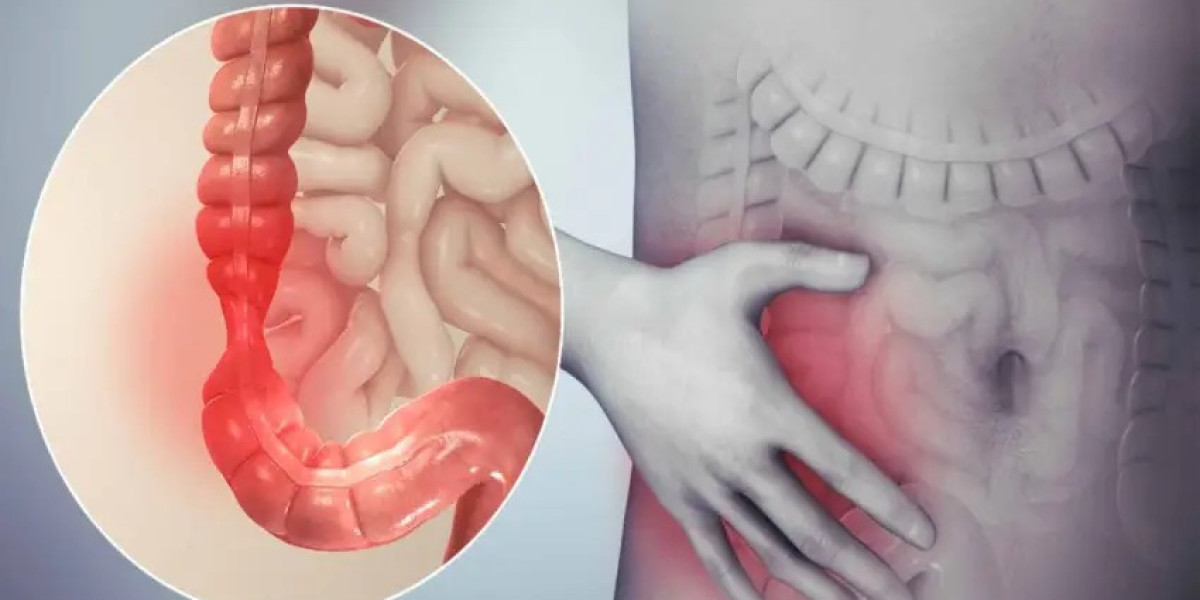Have you or your child been experiencing frequent stomach pain without a clear medical cause? This may not be “just acidity” — it could be Functional Abdominal Pain (FAP), a common but often misunderstood condition. Unlike pain caused by ulcers or infections, FAP is diagnosed when abdominal pain occurs regularly without structural abnormalities in the digestive system. At Kaizen Gastro Care, Pune, under the expert guidance of Dr. Samrat Jankar, patients receive accurate diagnosis and compassionate treatment for conditions like FAP.
What is Functional Abdominal Pain (FAP)?
Functional Abdominal Pain (FAP) is a chronic or recurrent stomach pain that has no identifiable physical disease upon tests like endoscopy, blood work, or imaging. It often affects school-aged children and teenagers, but adults can also experience it. Doctors classify it as a functional gastrointestinal disorder (FGID), meaning the symptoms are real but caused by how the gut and nervous system interact, not by visible damage or disease.
Common Symptoms of FAP:
- Recurrent or daily stomach pain (usually near the belly button)
- Pain not always linked to eating or bowel movements
- Episodes lasting weeks or months
- Sometimes associated with nausea, headache, or anxiety
- Pain can affect school, work, or daily life
Important: The pain is real — not “in the head” — even though no disease is found.
Causes and Triggers of FAP:
The exact cause isn’t fully understood, but research points to:
- Gut–brain interaction issues (how the nervous system and intestines communicate)
- Stress and emotional factors (school stress, anxiety, emotional changes)
- Increased gut sensitivity (even normal gas or digestion may feel painful)
- Family history of functional GI disorders
How is FAP Diagnosed?
Doctors usually:
- Review medical history and symptoms
- Rule out conditions like ulcers, gastritis, gallstones, infections
- Use limited tests (if symptoms are persistent or severe)
- Diagnose FAP when no organic cause is found
At Kaizen Gastro Care, Dr. Samrat Jankar ensures that unnecessary tests are avoided, while every patient still gets a thorough and safe evaluation.
Treatment Options for FAP:
While there’s no “one cure,” FAP can be managed effectively with:
- Dietary changes: smaller frequent meals, avoiding triggers (spicy, fatty foods)
- Medications: antispasmodics, probiotics, or mild pain-relievers (doctor-guided)
- Stress management: counseling, relaxation techniques, yoga, CBT (especially for kids)
- Lifestyle habits: regular exercise, proper sleep, hydration
In most children, symptoms improve with age and supportive care. A specialist like Dr. Samrat Jankar, widely regarded as one of the Best Gastroenterologists in Pune, can guide patients with the right balance of medical and lifestyle approaches.
When to See a Doctor?
Seek medical advice if abdominal pain is:
- Severe or worsening
- Associated with weight loss, vomiting, or blood in stool
- Disrupting school, work, or sleep
Conclusion:
Functional Abdominal Pain (FAP) may not show up in test reports, but it is very real. Early recognition, lifestyle adjustments, and stress management can make a big difference. If you or your child experiences persistent stomach pain, don’t ignore it. Visit Kaizen Gastro Care and consult Dr. Samrat Jankar, the Best Gastroenterologist in Pune, for expert guidance and long-term relief.







